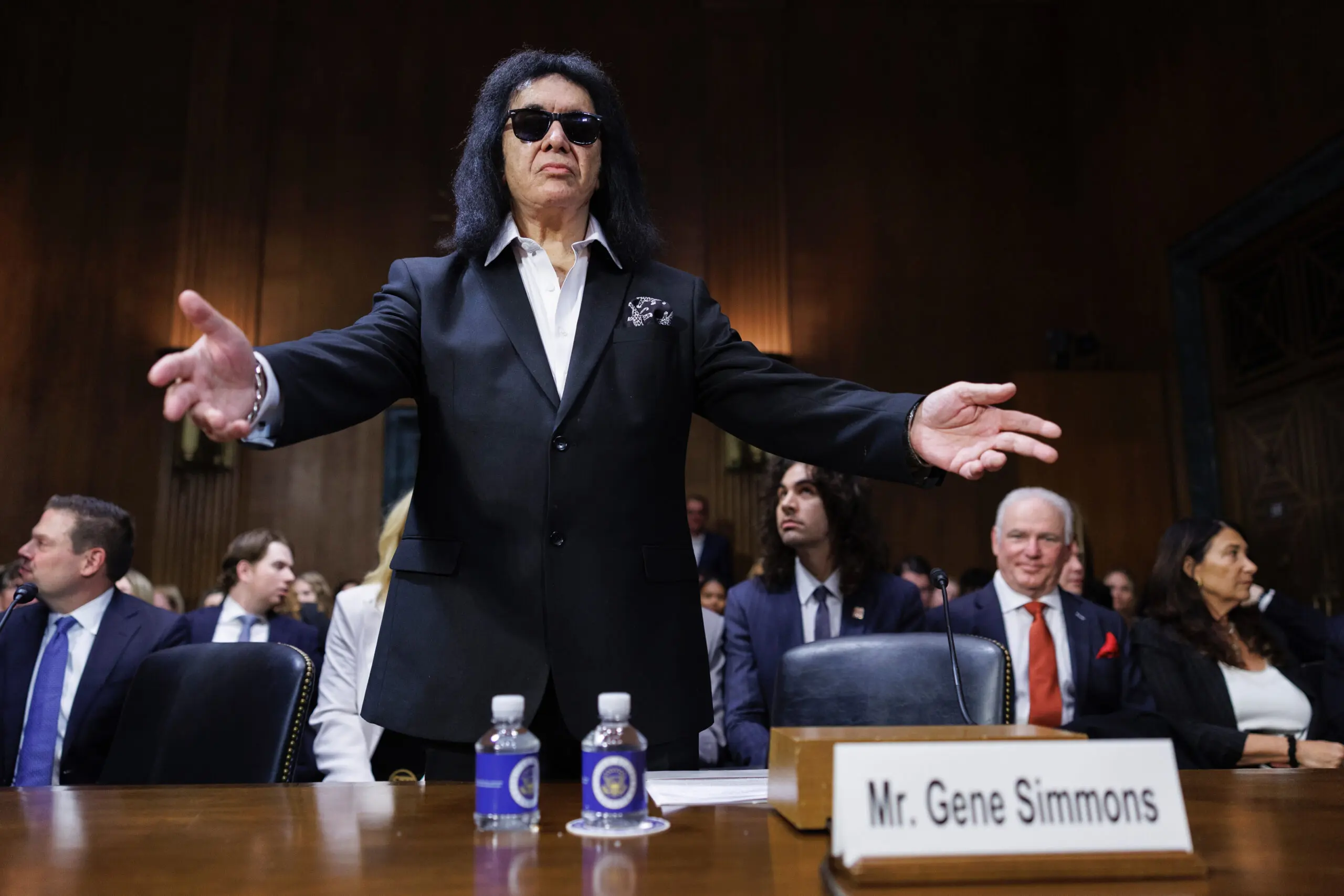Music Creators are Uniting to Demand Payment When Their Songs are Played on AM/FM Radio
Washington, DC, November 1, 2021 — musicFIRST — the voice for fairness and equity for music creators— today announced the beginning of Music Fairness Awareness Month, an effort by music creators throughout the month of November to bring attention to a century-long injustice that denies artists payment when their music is played on AM/FM radio.
Throughout November, artists and other music creators will use their platforms to fight for justice so that their fellow artists are paid fairly for their work. Corporate broadcasters have long refused to pay music creators – despite the fact that the music is the primary reason listeners tune in to AM/FM radio stations and the broadcasters reap billions of dollars in advertising revenue.
“It has been a century since the first radio broadcast, and still radio corporations continue to fill their airwaves with artists’ music while refusing to fairly compensate them,” said former Congressman Joe Crowley, chair of the musicFIRST coalition. “There is still so much work to be done, but the tide is turning. Congress must stand by working-class music creators and pass the American Music Fairness Act so multi-billion-dollar radio corporations pay their fair share to the artists who make the music that is delivered over the airwaves. This injustice has gone on for far too long.”
Currently, artists and creators are compensated when their songs are played on streaming services such as Spotify and Pandora, but don’t receive a penny when they are played by FM/AM radio stations — more than 2,000 of which are owned by the six largest corporate media companies.
There is a growing awakening about this injustice. By a 2-1 margin, Americans believe it’s unfair that artists are not paid when their music is played on traditional radio, according to a recent national survey. However, the lack of understanding of the plight of music creators has made it easier for the corporations that control radio stations to get away with this injustice.
Companies like iHeartRadio generate billions of dollars in revenue every year, but when artists seek fair payment for their services, these broadcasting barons falsely claim that compensating music creators for their work would burden the industry.
The bipartisan American Music Fairness Act, a bill introduced by Reps. Deutch and Issa, has original cosponsors from both parties, including Rep. Jerrold Nadler (D-NY), Rep. Tom McClintock (R-CA), Rep. Karen Bass (D-CA), Rep. Diana Harshbarger (R-TN) and Rep. Judy Chu (D-CA). This legislation aims to finally right these wrongs.
In recent weeks, the legislation has also gained the support of 15 additional Members of the House: Rep. Michael McCaul (R-TX), Rep. Thomas Suozzi (D-NY), Rep. Brad Sherman (D-CA), Rep. Adam Schiff (D-CA), Rep. Jim Cooper (D-TN), Rep. Brian Higgins (D-NY), Rep. Bennie Thompson (D-MS), Rep. Ted Lieu (D-CA), Rep. Debbie Wasserman Schultz (D-FL), Rep. Mark Green (R-TN), Rep. Jamin Raskin (D-MD), Rep. Jared Huffman (D-CA), Pramila Jayapal (D-WA), Rep. Steve Cohen (D-TN), and Rep. Luis Correa (D-CA).
The American Music Fairness Act offers a common-sense approach that ensures music creators are treated fairly while ensuring that smaller broadcasters are not harmed. The legislation requires AM/FM stations whose gross annual revenue is greater than $1.5 million to pay the artists whose songs they play. The bill also includes broad exemptions and low annual flat fees for smaller stations and public, college, and noncommercial broadcasters, and protects songwriters by ensuring payment to artists doesn’t come out of their share of royalties.
###
About musicFIRST
musicFIRST works to ensure music creators get fair pay for their work on all platforms and wherever and however it is played. We rally the people and organizations who make and love music to end the broken status quo that allows AM/FM to use any song ever recorded without paying its performers a dime. And to stand up for fair pay on digital radio — and whatever comes next.



